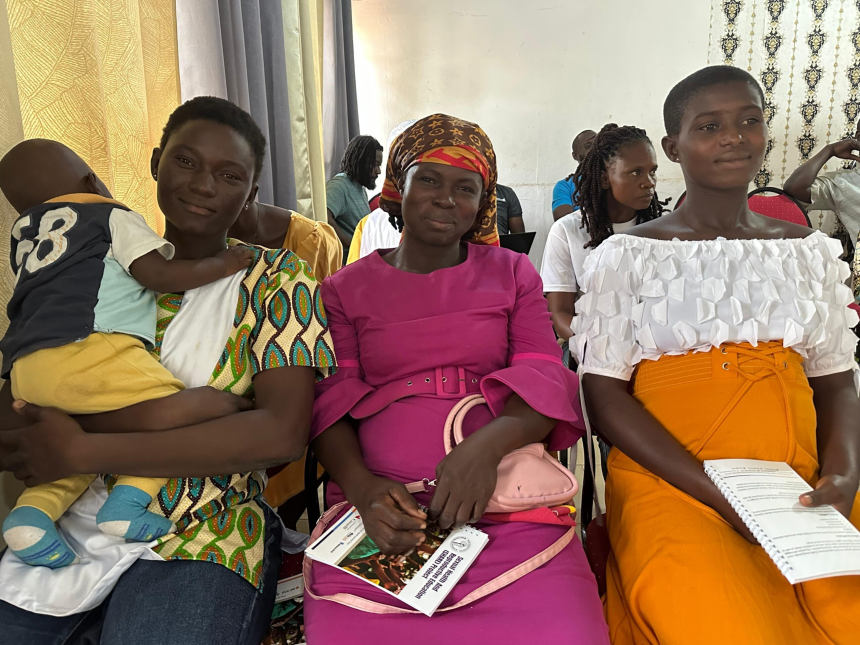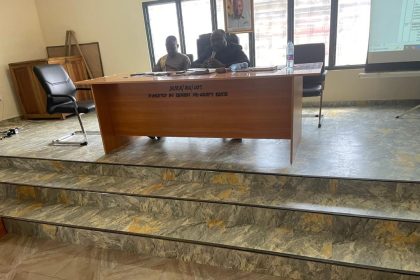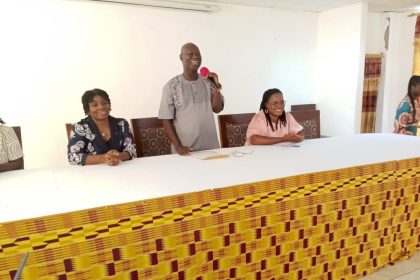The Forum for African Women Educationalists (FAWE), Ghana Chapter, has expressed concern about the increasing abuse of emergency contraceptives among adolescents in parts of the Upper East Region.
The organization warned that the trend could undermine gains made in reducing teenage pregnancies and expose young people to higher risks of sexually transmitted infections (STIs).
Mr Elikem Katsekpor, Project Officer for the SHARE Project at FAWE- Ghana, raised the concern when he addressed journalists at a three-day workshop on Adolescent Sexual and Reproductive Health and Rights (ASRHR) in Bolgatanga.
He noted that while advocacy on teenage pregnancy prevention had yielded some results in the Bongo and Kassena Nankana West districts, as well as the Kassena Nankana and Builsa North Municipalities, many adolescents, both girls and boys, were misusing emergency contraceptives as substitutes for daily protection.
“Even boys are now buying the contraceptives and keeping them in their rooms. After every intimate encounter, they administer the drug to their partners. The problem is that they do not understand why this medication should only be used in emergency situations,” Mr Katsekpor explained.
He stressed that emergency contraceptives were not designed for daily use and warned that consistent misuse could have adverse health implications.
According to him, the education being delivered in some communities appeared one-sided, focusing more on preventing pregnancy while downplaying the dangers of STIs, and cautioned that this could lead to a new public health challenge in the coming years.
“We risk solving teenage pregnancy only to face an upsurge in STI rates in the next five to 10 years if education is not done properly,” he said.
The workshop, organized by FAWE Ghana, with support from partners including Right To Play, WaterAid, FHI 360, and Global Affairs of Canada, aimed to build the capacity of media practitioners to effectively report on ASRHR and gender-related issues.
The initiative forms part of the SHARE Project, being implemented in four districts, including Bongo, Kassena Nankana Municipal, Kassena Nankana West, and Builsa North district.
Mr Katsekpor also highlighted other emerging challenges undermining sexual and reproductive health in the region, including the rise of illegal mining (galamsey) and misuse of drugs such as Tramadol.
He, however, reiterated FAWE’s commitment to working with the media to strengthen advocacy and sustain progress in promoting sexual and reproductive health and rights for young people.
Mr David Kwesi Ghartey Tagoe, a lead facilitator for the training, underscored the crucial role of the media in shaping public attitudes toward ASRHR issues, and charged them to consistently report on adolescent health and gender issues.
This, he said, will compel duty bearers to act.
GNA





